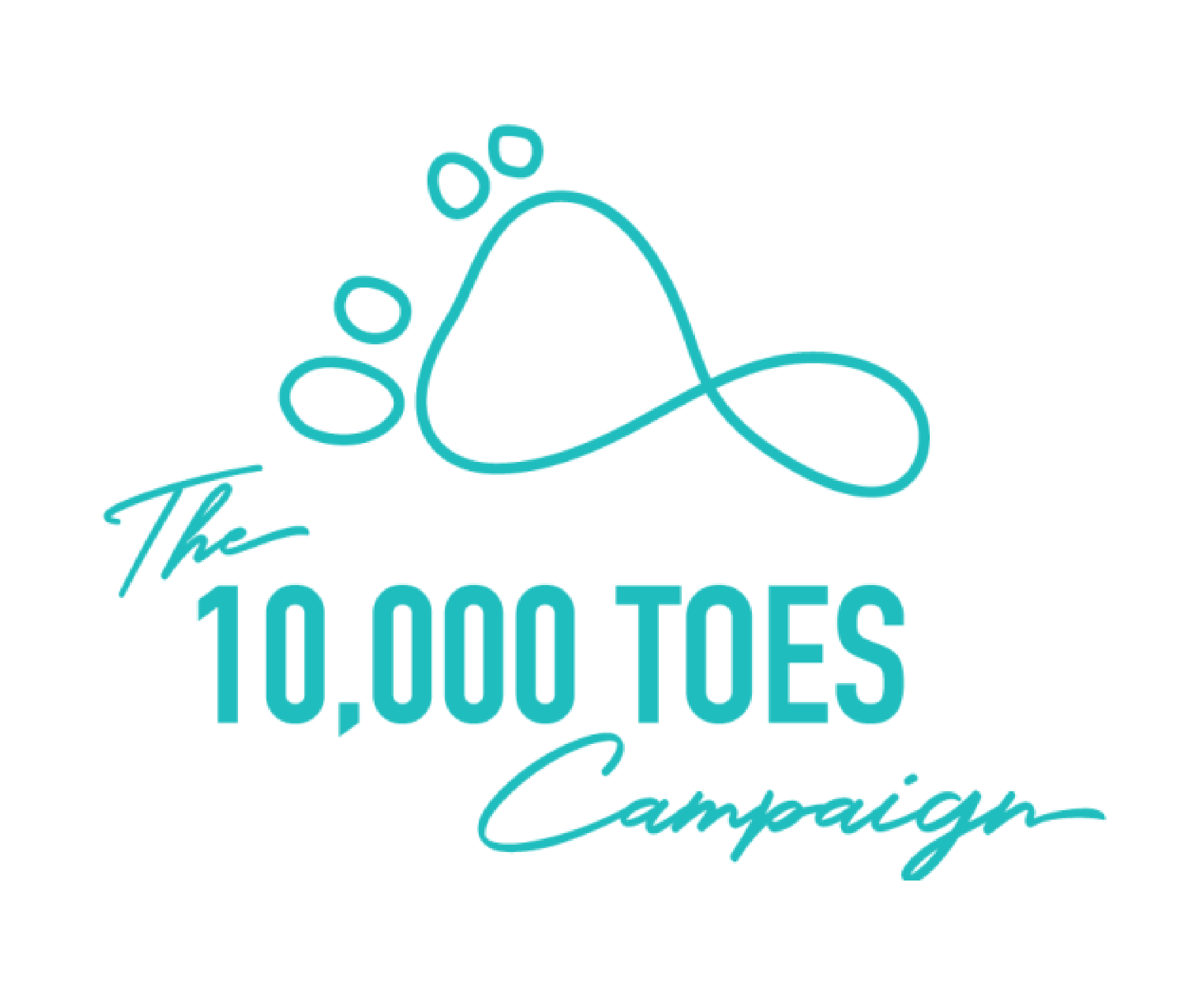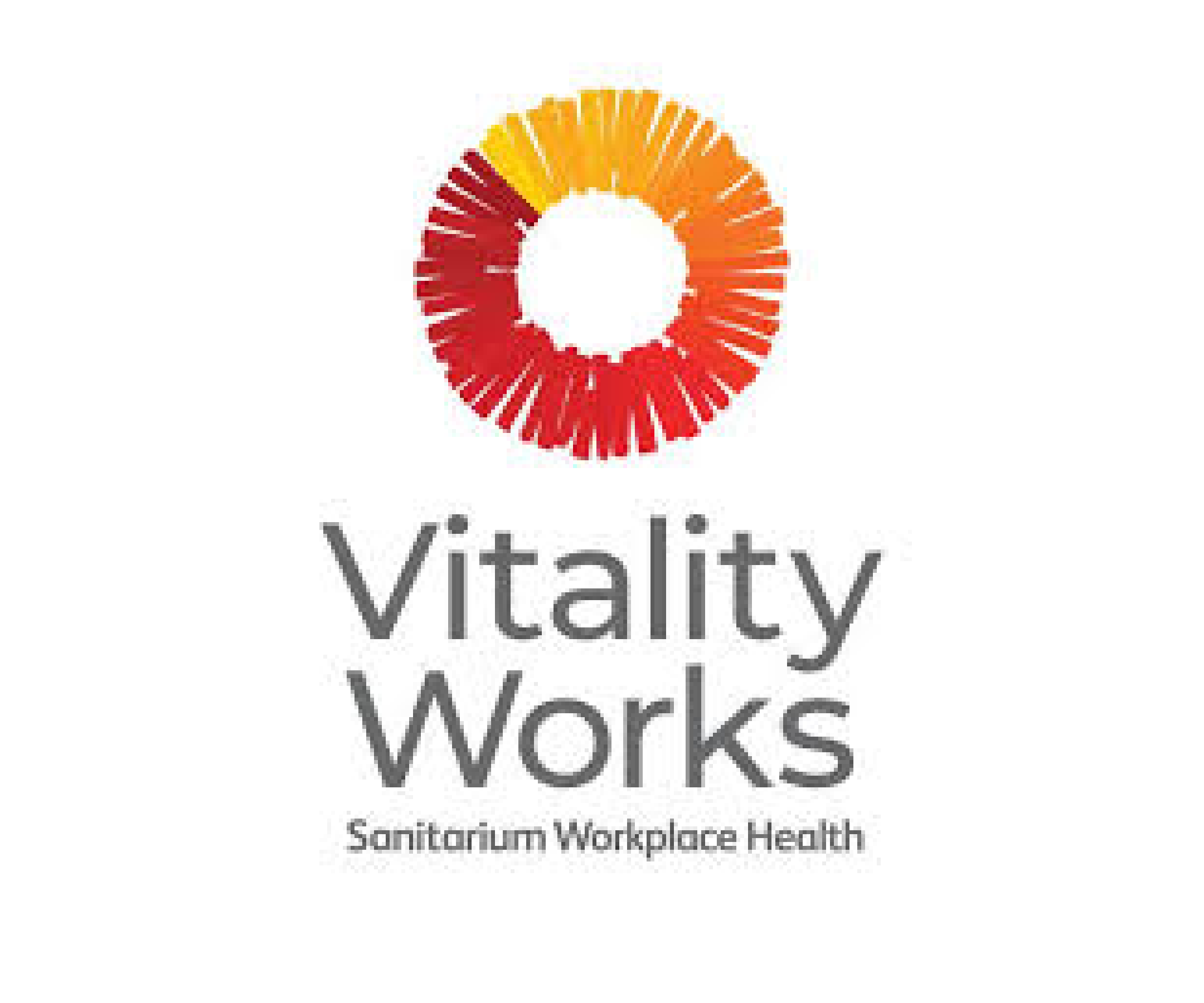Emotional
When you are thriving emotionally you feel content, your outlook is positive and you are able to work through stressful situations and emotionally challenging events.
Did you know?
The use of antidepressants has doubled in The Organisation for Economic Co-operation and Development (OECD) countries between 2000 and 2015 with Australia having the second highest level of consumption in the world (OECD 2017). 1
The Facts
- The World Happiness Report looked at changes in happiness from 2005-2008 to 2016-2018 using three rankings: Life Evaluation, Positive Affect comprises (average frequency of happiness, laughter and enjoyment on the previous day) and Negative Affect (average frequency of worry, sadness and anger on the previous day (Halliwell et al. 2019). The main areas that were found to influence wellbeing included income, healthy life expectancy, social support, freedom, trust and generosity - you don’t have to be wealthy to be happy. Life Evaluation has been dropping since 2009, largely due to increasing negative effect.
- Depression is the leading cause of disability worldwide, and is a major contributor to the overall global burden of disease (WHO 2018). More than 300 million people are now living with depression, which increased more than 18% between 2005 and 2015 (WHO 2017). Suicide is the second leading cause of death in 15-29 year-olds.
- Stress has been called the “health epidemic of the 21st century” by the World Health Organization (Fink 2017).
What can we do about it?
Food affects your mood - Eat healthier to be and feel better. Move more to boost your mood and reduce your odds of depression by 45% (PAGAC 2008). Get regular sunlight to stop the blues Get adequate rest Control and avoid stress Rhythmic deep breathing; mindfulness; prayer/meditation; a weekly sabbath rest Think and Speak positively Socialise Don’t let stress and depression rob you of your peace or your happiness.
Start and end your day with gratitude.
Physical
Consuming the optimal diet, being physically active, getting rejuvenating rest, being well hydrated, not smoking and avoiding toxic substances will help you live the best life, full of vigour and vitality.
Did you know?
50% of Australians have at least one chronic condition, nearly 25% have two or more. Cancer, coronary heart disease and mental illness contribute the most to the disease burden (AIHW 2018). A staggering 80% of our risk of developing a chronic disease is related to our diet, movement, weight and smoking (Katz 2014).
The Facts
-
Diets high in whole-plant foods can improve your physical wellbeing (Micha et al. 2015), and your mental wellbeing (Beezhold & Johnson 2012). In 2000, 2.7 million deaths and 26.7 million disability adjusted life years were attributed to low fruit and vegetable consumption globally (Hall et al. 2009). In 2010, 99.6% of the world’s adults did not consumed sufficient fruit and vegetables; 90% did not consumed sufficient nuts and seeds; 92.4% did not consume sufficient wholegrains (Micha et al. 2015) and 80% of the world’s adults consumed too much red meat and 61.5% consumed too much processed meat (Micha et al. 2015).
-
Exercise can improve your life, from helping you to control your weight to boosting your mood. 27.5% of the world’s adults don’t do enough physical activity (Guthold et al. 2019) Insufficient sleep is affecting productivity, mood, mental health, energy levels, problems with memory, obesity and other physical health problems (NSF 2018). 67% of adults globally recognized that sleep is important for health, yet only 46% prioritise getting enough, 29% reported they feel guilty for not maintaining good sleep habits, and 58% said worry stopped them getting a good night’s sleep (Phillips 2018).
- Insufficient sleep is affecting productivity, mood, mental health, energy levels, problems with memory, obesity and other physical health problems (NSF 2018). 67% of adults globally recognised that sleep is important for health, yet only 46% prioritise getting enough, 29% reported they feel guilty for not maintaining good sleep habits, and 58% said worry stopped them getting a good night’s sleep (Phillips 2018).
-
Over 200 health conditions are linked to harmful alcohol use, ranging from liver diseases, road injuries and violence, to cancers, cardiovascular diseases, suicides, tuberculosis and HIV/AIDS. In 2016, the harmful use of alcohol resulted in 3 million deaths globally (5.3% of all deaths) and 132.6 million disability-adjusted life years (5.1% of all DALYs) (WHO 2018).
-
Tobacco use (smoking and smokeless) is responsible for the deaths of about six million people globally each year, including 600,000 from secondhand smoke (WHO 2015). Even 1-4 cigarettes per week is harmful to health (Bjartveit & Tverdal 2005) and e-cigarettes have been linked to stroke and myocardial infarction (Brauser 2019).
What can we do about it?
Increase physical activity Increase consumption of whole plant foods Get adequate sleep Hydrate well Minimise or avoid toxins Eat, drink, move, rest to live your best.
Did you know?
Both social isolation and loneliness increase mortality, regardless of whether the person has any health problems or doesn’t feel lonely (Demakakos et al. 2012).
The Facts
-
The World Happiness Index considers factors such as life expectancy, generosity, freedom, corruption, and social support when determining global and individual country happiness (Helliwell et al. 2019).
Inequality has been a big factor that has caused a decrease in global happiness since 2007. Developed and wealthier nations like the US, Germany, the United Kingdom and Australia are not featured in the top 10 happiest countries. Having a social community around you helps decrease the negative side effects of worry, sadness and anger.
-
Loneliness is a growing issue that is continually increasing across the globe (Schulze 2018). But is significantly greater in societies and age groups where social media usage is the highest (Schulze 2018, No Isolation 2017).
-
Since 2009, adolescents’ communication via social media has increased, while face-to-face interaction has decreased (Helliwell et al. 2019). The more time they spent on social media, the more likely they are to be unhappy or depressed.
What can we do about it?
Build community with people that are positive and uplifting.
You can also strengthen your existing relationships by loving and, if needs be, forgiving those nearest to you and/or find new friends who are positively oriented with a like-minded community such as a sporting club or church group.
Volunteer to create more opportunities to be social (Musick & Wilson
Perform 5 acts of kindness to others per week (Lyubominsky et al. 2005; Nelson et al. 2016).
Smile and talk positively – these are infectious and draw others to you. Be exposed to nature – it may boost kindness to others (Piff et al. 2015). Learn to communicated effectively by being an active listener, expressing you thoughts, feelings and wants, using non-confrontational body language. Learn skills to manage situations where conflict arises when your interests, needs, goals or values interfere with those of someone else. Learn to appreciate your own culture as well as other cultures. Make spending time with family or friends a priority.
Vocational
Being vocationally enriched throughout your life, even in retirement can add that extra spark in your day and improve your wellness!
Did you know?
Globally, about 970 million people volunteer their time and skills – equivalent to over 125 million full-time workers at a value of US$ 1.348 trillion (AU $1.888 trillion) or 2.4 per cent of the entire global economy (UN 2017).
The Facts
- Your job, leisure and service-related activities should engage and enrich you. Finding activities that you love and find mentally stimulating, uses your skills and gives you purpose, meaning and a sense of achievement. Your work should energise you and motivate you to turn up every day.
- Globally, only 29% of employees are engaged with their work (Effectory 2018).70% of employee’s world-wide feel there is a good fit between their talents and their work, whilst only 20% experience a perfect fit. In Oceania, employees are most unhappy with the match between talent and job. Only 20% of employees globally feel that they are really appreciated by their company. Only 25% of employees worldwide are extremely proud of their company. Employees who change companies and exert discretionary effort have (at the very minimum) their basic work needs met.
- 79 percent of people who quit their jobs cite ‘lack of appreciation’ as their reason for leaving (Tanner 2019).Employees who change companies and exert discretionary effort have (at the very minimum) their basic work needs met.
- Retirement is ranked 10th on the list of life’s 43 most stressful events (Holmes and Rahe 1967).Retirement is associated with a decline in health (Behnicke 2012) - the retired are 40% more likely to have had a heart attack or stroke than those who were still working (Moon et al. 2012).
- People with hobbies and passions and/or volunteer opportunities throughout life can improve their wellness and transition better into a meaningful and satisfying retirement (Paggi et al. 2016). Volunteering has been linked to greater life satisfaction, quality of life and lower rates of depression (Jenkinson et al. 2013, Yeung et al. 2018).
What can we do about it?
Your work should be your calling and be enjoyable most of the time.
If not, explore various career options until you find where you fit with your particular skills and interests.
Talk to your manager if your workload is not manageable. Achieve a balance between your roles, responsibilities and leisure time. Identify and reduce stress in your vocational activity by learning project/time management, presenting, writing, communication and study skills (PU 2019). Consider volunteering your time and skills to a worthy cause – without this detracting from your family and work commitments. Have a heart for service and focus on activities that stimulate you and add meaning to your life!
Spiritual
Being spiritually empowered is the foundation for living a purposeful, hopeful, and fulfilling life. It’s about nurturing your connection with the Divine—finding peace, purpose, and meaning that guide your daily choices, relationships, and overall sense of wellbeing.
Did you know?
People with a strong sense of spirituality or faith tend to live longer, experience lower levels of stress and depression, and have higher levels of happiness and life satisfaction (Koenig 2012, Mishra et al. 2017).
The Facts
-
Spirituality involves understanding who you are, what you believe, and why you are here. It encompasses your values, morals, and sense of purpose, and how these shape your decisions, relationships, and worldview (Mishra et al. 2017).
-
Beliefs about life’s meaning and purpose can help relieve anxiety about the future and provide strength in difficult times. People who regularly reflect on their faith or spiritual beliefs often report greater emotional resilience and optimism (Seeman et al. 2003).
-
Studies show that those who participate in religious or faith-based activities experience better mental health, including lower rates of depression, anxiety, substance abuse, and suicide (Bonnell 2016, van der Weele et al. 2016). Trust in a higher power is also linked to better emotional regulation and a more positive outlook on life (Koenig 2012).
-
Religious participation has been shown to reduce the risk of long-term depression in both men and women, while offering social support and a strong sense of belonging (Rasic et al. 2013).
-
Faith and spirituality can help reframe stressful life events as opportunities for growth rather than setbacks. Belonging to a faith community also provides support, comfort, and a sense of shared purpose (Lorenz et al. 2019).
However, motivation matters: pursuing faith to deepen a personal relationship with God (intrinsic religiousness) tends to improve wellbeing, while practising religion for social or external approval (extrinsic religiousness) can increase stress and dissatisfaction.
What can we do about it?
- Take time to define your values and beliefs—they act as your moral compass and guide your decisions.
- Pray, meditate, or reflect daily to strengthen your connection with the Divine.
- Practice gratitude—acknowledging the blessings in your life builds contentment and perspective.
- Be present—learn to live in the moment instead of dwelling on the past or worrying about the future.
- Serve and connect with others—acts of kindness and compassion reflect spiritual growth.
- Join a supportive faith or spiritual community to nurture your beliefs and find encouragement.
Experience the peace, purpose, and joy that comes from aligning your life with your spiritual values and connecting to a higher purpose.
Intellectual
Intellectual engagement is keeping your brain sharp by learning throughout your life. Sharing what you have learned will not only consolidate this in your own mind but help others to grow and reach their potential. Spending time in self-reflection and critical thinking also sharpens the brain.
Did you know?
The majority of the neurons in the brain are formed in the womb. However, the brain is able to generate new neurons throughout life in the hippocampus – the memory centre – and the forebrain that receives stimulus from odours (Phillips 2017) - a marker of brain decline (Tebrugge et al 2108).
The Facts
- Being intellectually engaged, through academic, cultural, community, artistic and skill-based activities and learning, throughout life will enhance your well-being and give you a satisfying and purposeful life (UIS 2014, PU 2019).
- Older adults who intentionally engage in aerobic exercise, have a healthy diet and practice caloric restriction/intermittent fasting (Phillips 2017, Bettio et al. 2017) may prevent cognitive decline, by stimulating new neurons and reducing inflammation, oxidative damage, and amyloid build-up (Phillips 2017, Bettio et al. 2017)
- Engaging in stimulating intellectual activities strengthens the neural networks within the brain. Brains exhibiting loss of neurons are more likely to progress to Alzheimers disease from mild cognitive impairment (Strout & Howard 2015, Lin et al. 2018).
- Recent research would suggest that acquiring intellectual gain over the lifetime can reduce the cognitive decline that comes with ageing (Staff et al. 2019). Engaging in complex activities over the lifetime, such as, problem solving, reading complex novels and practising a musical instrument provides a higher starting point to protect from falling below the threshold for cognitive impairment.
What can we do about it?
Engage in complex brain activities to improve your intellectual wellness (ISU 2014):
- Reading for fun can stretch your mind in directions other than reading for work.
- Debating an issue with a friend, and choosing the viewpoint opposite the one you hold will expand your reasoning and critical thinking.
- Explore things you have never done before.
- Be creative.
- Learn a foreign language.
- Playing a game of any kind and/or musical instrument extends your brains processing ability.
- Write down your thoughts or journal frequently to express and consolidate your feelings.
- Do crossword or other puzzles to keep your brain stimulated.
- Attend conferences, talks and programs to expand your knowledge (PU 2019).
- Learn practical skills that you or a friend may need.
- Be physically active and eat a whole-foods plant based diet (Phillips 2017).
- Practice a form of intermittent fasting that suits you e.g. 12-16 hour overnight fast every day or a 5-2 day fast,every week for enhanced brain function and longevity (Mattson et al. 2018)
- Seek opportunities to learn something new today and then share what you have learned.
Environmental
Being environmentally attuned is a two-way street. Enjoying nature and living in a clean environment with adequate sunlight, clean air, having low levels of noise pollution and toxic substances benefits our health. But it is also important to give back to the environment by minimising our impact on it.
Did you know?
The world’s top five meat and dairy corporations may now be responsible for more annual greenhouse gas emissions than Exxon, Shell or BP (Grain 2018). The latest figures show that humanity’s footprint was the equivalent of 1.69 earths in 2014, with Australia using the resources of 4.09 planets, the United Kingdom 2.85 and the US 4.97 planets (GFN 2018).
The Facts
-
Our environment has a huge effect on our health and wellbeing, some of which include the risk of developing chronic disease, premature death, preterm birth, stress, (Twohig-Bennet & Jones A 2018) and mental health (James et al. 2016). What is good for our health is also good for the environment (Tilman & Clark 2014).
-
You would imagine our society to to be more mindful or responsible with how we treat our environment, but unfortunately the current statistics are not good (WWF 2018). Our negative footprint has increased by 140% from 1961-2010 and expected to increase more.
Before 1970, our planet had biocapacity reserves to spare, after this we have been in biological deficit.
Our natural world is in danger as society has passed the safe operating levels of much of our planets key natural processes e.g. nitrogen cycle, biodiversity (Rockstrom et al. 2009).
-
Our disregard for our environment is changing our climate and expecting to have devastating effects on allergies, mosquito and tick-borne disease, chronic diseases like diabetes, premature deaths (Bhargava 2017) and suicide rates (Burke et al. 2018). There are also many chemicals in our food and the environment that can have detrimental effects on our health and the health of the planet e.g. Bisphenol A (BPA) (Chen et al. 2016), phthalates (Warner & Flaws 2018), used to make plastics and pesticides in agriculture (Mostafalou 2013, Gasnier et al. 2009, IARC 2018).
What can we do about it?
Eat more whole plant foods and replace animal protein with plant protein (Stehfest et al. 2009, AustGov 2015, Lucas & Horton 2019, Willett et al. 2019)
Determine your ecological footprint at https://www.footprintnetwork.org/ then practice environmentally conscious behaviours.
Recycle and conserve energy.
Immerse yourself in nature. Natural sunlight (Stothard et al. 2017); nature’s fresh air (WHO 2019); walk barefoot on green grass or beach grounding) (Oschman et al. 2015).
Encourage your local ecosystem to thrive by growing your own fresh produce and build a community garden.
Join the movement and be environmentally attuned.
News and Resources
Help us help the community
We partner with expert health professionals to provide evidence-based resources to help manage and prevent disease through whole-person health.
Corporate Partners







Social
Two is better than one. Being socially connected makes a big difference to your health and it is the quality of those connections that make a difference. We are created to be social beings and live in a community!